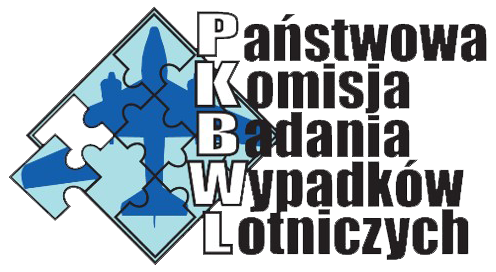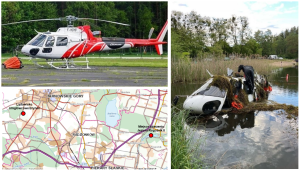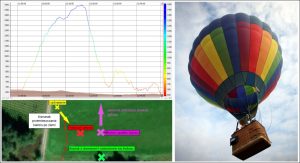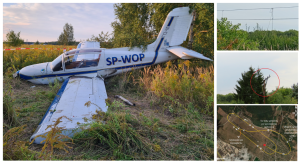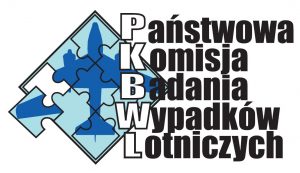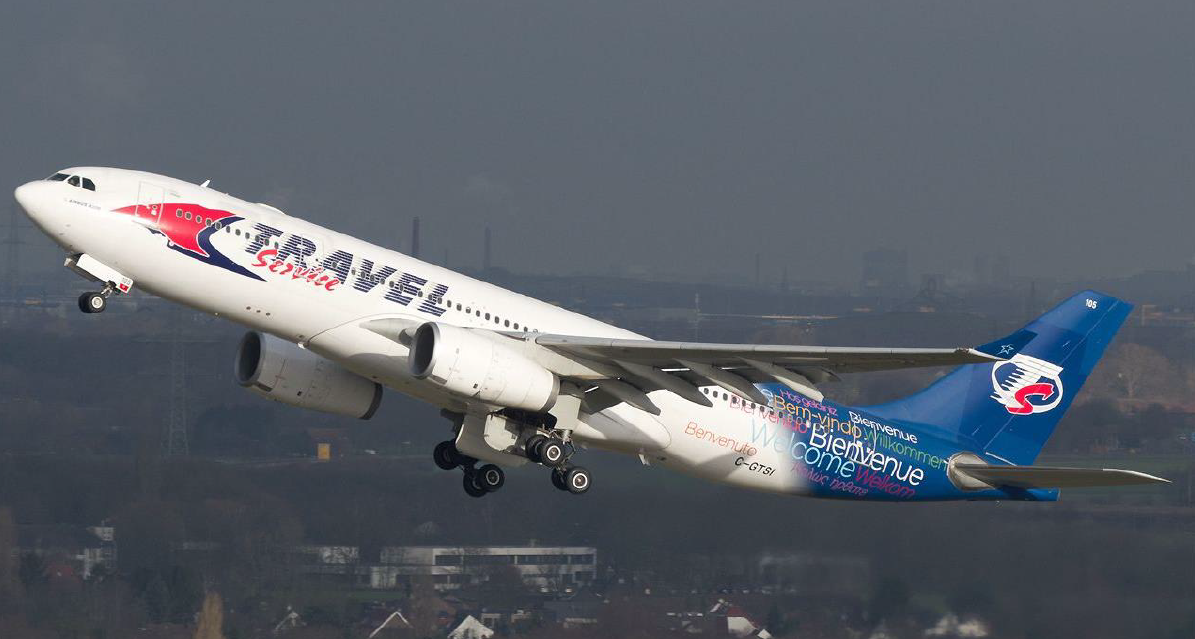
On 19 March 2018 State Commission on Aircraft Accidents Investigation was informed by the Polish Air Navigation Services Agency and Warsaw Chopin Airport Duty Officer about the incident that had occurred on 16 March 2018.
The Airbus A-330-200, registration C-GTSI, flight number TVP7617, operated by Air Transat airline wet leased for Smartwings airline performing a flight from VTSG to EPWA when approaching the LIMVI waypoint (first STAR waypoint on the way to EPWA, boundary of EPWA TMA) was instructed by ATC to reduce the speed to the minimum clean (the minimum speed at which an aircraft can be flown in a clean configuration). The restriction was caused by snow removal from the runway at EPWA.
The C-GTSI flight crew requested coordination of a shorter approach route to the airport due to minimum fuel. The flight crew were asked several times by the air traffic control about endurance (total available fuel quantity expressed by the remaining flight time), but they did not respond. When the flight crew were asked to confirm declaration of emergency, they denied, but at the same time they informed that such a situation would occur if they were not cleared to approach and land on EPWA soon.
During the exchange of correspondence, the light crew did not reply to the air traffic controllers about the current fuel quantity (remaining flying time). The airplane landed uneventfully on EPWA at 15:53 hrs.
After the investigation PKBWL has determined the following causes of the incident and factors contributing to its occurrence:
1) The delay of departure by 2 h and 50 min.
2) Take-off with the minimum fuel required for the flight.
3) Change in weather conditions along the flight route resulting in increased fuel consumption.
4) Change in weather conditions at the destination requiring a delay in landing.
5) Lack of response to ATC question about endurance and imprecise responses to other questions.
6) The time difference between the departure aerodrome and destination aerodrome (6 hours) and a long flight time (more than 10 hours).
7) The occurrence took place in the last phase of a long flight when probably tiredness was already felt and the crew’s perception may have been reduced.
8) Acting the crew under time pressure due to the low fuel reserve.
9) Willingness to land at the destination to avoid flight to the alternate aerodrome.
PKBWL did not propose any safety recommendation after the investigation.
